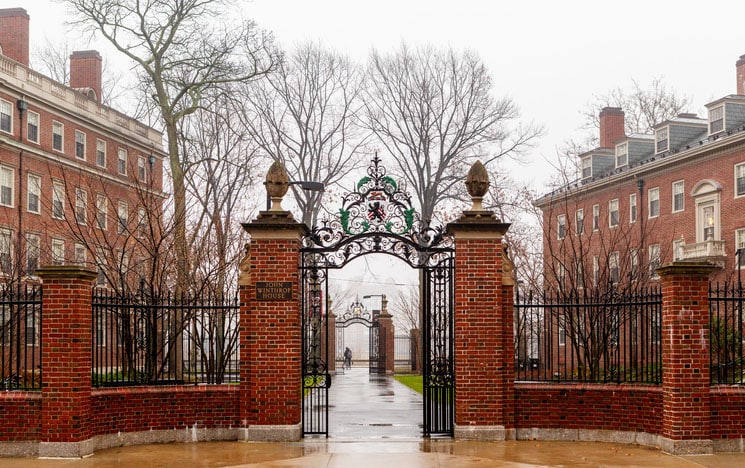 APCortizasJr/Getty Images
APCortizasJr/Getty Images Auden’s conflict between always-ness
and its antithesis called now-ness,
parallels that between forbidden-ness
and its antithesis, allow-ness.
The prohibitions of our yesteryears
belong to always, until now
transcends all our autistic fears
by changing “veto” to “allow,”
which can be dangerous if we permit
what ought to be forbidden always,
but, pro not con to it, confirm it,
content to freeze in wintry fallways.
Leon Wieseltier (“Excellent New Art,” TNR, 2/3/11) writes:
The grand tradition, however you wish to define it, must be of more than museological interest: for the old works to continue to live, they must continue to inspire, to embolden artists with the belief that art of a similar degree of beauty and complexity may again be made. “To be authentic,” Auden once observed, “a work of art must exhibit two contradictory qualities, the quality of always-ness and the quality of now-ness.” The old masterpieces must be models, not relics. The human problems that stimulated them have not disappeared, despite our conviction that everything is different now. Love is still love, pain is still pain, God is still God. (Or not.) So it is not at all blasphemous—tradition is not the same as orthodoxy—to suggest that an heir of Rilke or Dickens may arise among us. But nothing will stunt our reach more than the corruption of our ideas of quality. Lowering a standard is certainly one way of meeting it; but the glory is lost with the strain. The teaching of Rilke, Blake, Eliot, Pound, Shakespeare, Dickens, and Franklin is not: relax, or be yourself. It is: brave the distinctions. The offense in those inflated comparisons is, quite simply, that they are false; and their falsity creates a climate that degrades the very ambition that they pretend to honor. This crap damages the culture. It takes more than the recollection of a rough childhood to make a book Dickensian, and the acceptances and transfigurations of Rilke—which have nothing to do with “the costs of feeling”—are larger and harder than Peter Parker’s struggles with young adulthood, even if the poet never walked up the side of the castle.
I added the last quatrain on 12/1/23, the 4th candle of Hanukkah 5784, dismayed by the way that anti-semitism was permitted for the residents of Harvard, University of Pennsylvania and M.I.T, inspiring this poem:
My Truths Opposing Anti-Semitism
Claudine Gay, the President of Harvard, in the US House of Representatives excused
the threats of anti-Jewish genocide that many students in her university had made,
explaining that their context could make them permissible sometimes, and therefore refused
to approve of prophylactic anti-antisemitic measure to prevent a jihad or crusade.
Expressing this opinion, the distinguished President of Harvard was not a loner;
the presidents of both U.Penn and M.I.T. her opinion without contradiction chose to follow,
but only she based her opinion on what she most bizarrely called “my truth” — one less than Jonah,
who was the son of Amitai, which means My Truths — for Jonah one truth harder than for any whale to swallow.
Gershon Hepner is a poet who has written over 25,000 poems on subjects ranging from music to literature, politics to Torah. He grew up in England and moved to Los Angeles in 1976. Using his varied interests and experiences, he has authored dozens of papers in medical and academic journals, and authored “Legal Friction: Law, Narrative, and Identity Politics in Biblical Israel.” He can be reached at gershonhepner@gmail.com.























 More news and opinions than at a Shabbat dinner, right in your inbox.
More news and opinions than at a Shabbat dinner, right in your inbox.